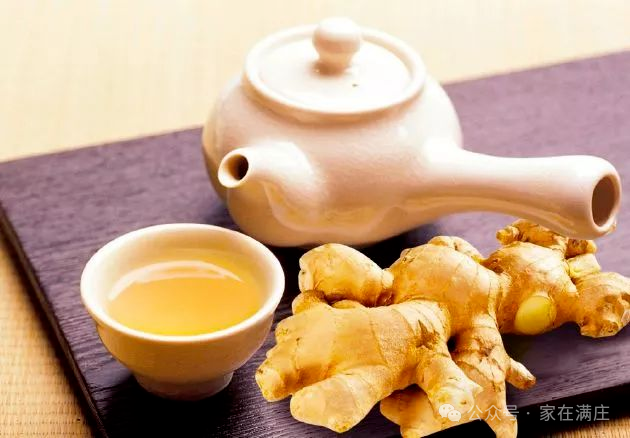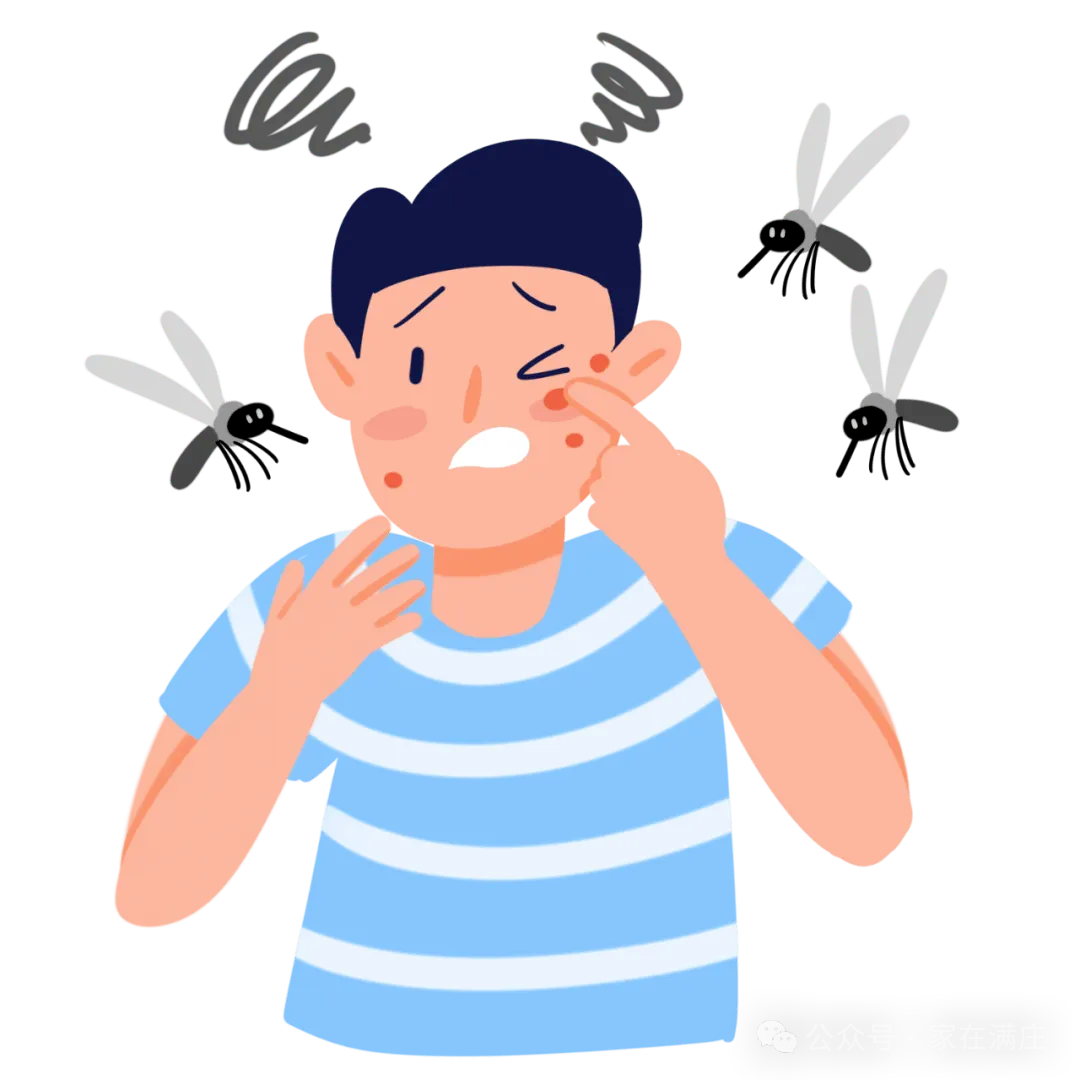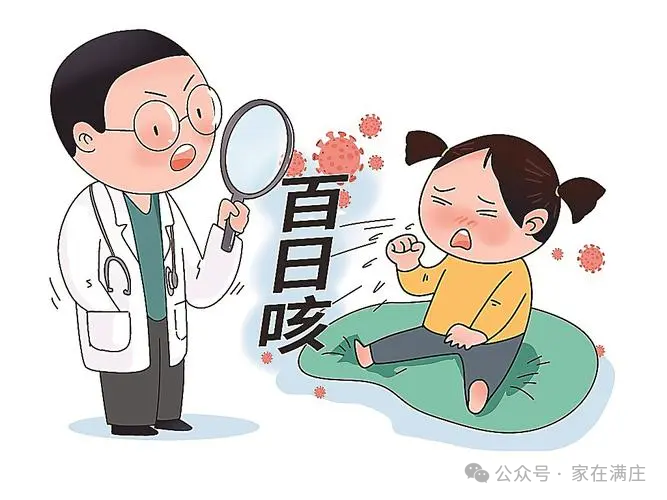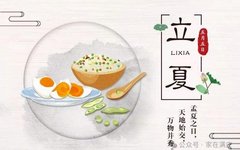Hello May
As summer arrives in May, health maintenance becomes crucial. The human body experiences significant energy consumption, so it is important to drink plenty of water and tea, advocate for afternoon naps, reduce late nights, and maintain a positive mood. The temperatures in May can fluctuate between cold and hot, and the humid and hot climate can easily lead to insufficient spleen and stomach qi, causing gastrointestinal dysfunction. Therefore, dietary principles should focus on strengthening the spleen and nourishing the stomach.

1. Nourish the Heart in Early Summer2. Prefer Light and Warm Foods
3. Go to Bed Early and Rise Early4. Emphasize “Quiet Nourishment”
5. Engage in Reasonable Exercise

1. What to Eat for Health in May
1. Eat Bitter Foods
Traditional Chinese Medicine (TCM) believes that most bitter vegetables have a heat-clearing effect. Therefore, nutritionists recommend regularly consuming bitter foods such as bitter herbs and bitter melon in May, which can help clear heat and alleviate fatigue.
2. Calcium Supplementation
Biologists and medical experts suggest that after the severe cold of winter and the awakening of early spring, nature reaches its peak of growth, development, and reproduction in May. Humans, especially children, experience similar effects. The growth rate of children varies throughout the year, with the fastest growth occurring in May, averaging 7.3 mm. In contrast, the slowest growth occurs in October, averaging only 3.3 mm. Therefore, experts refer to May as the “Mysterious May.” During this time, it is advisable to increase the intake of protein-rich foods such as chicken, duck, fish, shrimp, milk, eggs, legumes, and meat in daily meals to support children’s brain development and physical growth. Additionally, consuming fresh vegetables, fruits, and animal liver can provide essential vitamins and minerals like calcium, phosphorus, and iron, which are beneficial for children’s metabolism and bone growth.
3. Reduce Sugar Intake
Consuming sugar can lead to elevated blood sugar levels. When blood sugar concentration exceeds normal values, it can have two adverse effects on the body:
First, it promotes the growth and reproduction of pyogenic bacteria such as Staphylococcus aureus, leading to the occurrence of sores, prickly heat, and boils.
Second, when sugar is metabolized in the body, it produces a large amount of pyruvate, lactic acid, and other acidic metabolites, which can shift the body’s originally weakly acidic constitution to an acidic constitution, resulting in decreased immune function.
Moreover, the acidic metabolites produced during sugar metabolism require a significant amount of vitamin B1 and minerals (such as calcium, magnesium, sodium, etc.) for neutralization, leading to vitamin B1 deficiency, which in turn affects the breakdown and excretion of sugar metabolites.

2. What to Drink for Health in May
As the weather gets warmer, it can easily deplete body fluids and damage vital energy, leading to a series of physiological changes in the body. Drinking medicinal tea that targets specific symptoms can often yield satisfactory results.1. Loofah TeaTake 15 grams of dried loofah and 15 grams of honeysuckle, brew with boiling water, cover and steep for 10 minutes, then add honey to mix well before drinking. This tea can clear lung heat (not suitable for use during pregnancy or menstruation).2. Sugar TeaUse 2 grams of tea leaves and 10 grams of brown sugar, brew with boiling water for 5 minutes, and drink after meals. This formula has the effects of harmonizing the stomach, warming the spleen, and tonifying qi, and can treat constipation, lower abdominal pain, and menstrual pain in women.3. Ginger TeaUse 5 grams of tea leaves and 10 slices of fresh ginger, boil together, and drink after meals. This tea has the effects of inducing sweating, relieving exterior symptoms, and warming the lungs to stop coughing, and can treat influenza, typhoid, and cough.

4. Honey Tea
Use 3 grams of tea leaves, brew with boiling water, and after the tea cools, add 3 milliliters of honey, stirring well before drinking. This tea has the effects of quenching thirst, nourishing blood, and benefiting the lungs and kidneys, suitable for dry throat, thirst, dry cough without phlegm, constipation, and spleen-stomach disharmony.
5. Vinegar Tea
Use 3 grams of tea leaves and 2 milliliters of aged vinegar, first brew the tea leaves with boiling water, then add vinegar after 5 minutes. Drink three times a day. This tea has the effects of harmonizing the stomach, stopping dysentery, and alleviating pain, and can treat abdominal pain caused by roundworms.
6. Lotus Tea
Use 2 grams of tea leaves, 10 grams of lotus seeds, and 10 grams of brown sugar. Soak the lotus seeds, add sugar, and boil until soft, then brew as tea. This tea has the effects of strengthening the stomach and benefiting the kidneys, suitable for patients with nephritis and edema to drink daily.

7. Chrysanthemum Tea
Take 2 grams of tea leaves and 2 grams of chrysanthemum, brew with boiling water, and drink after meals. This tea can reduce heat, detoxify, clear the liver, brighten the eyes, relieve cough, alleviate pain, and lower lipids, and has anti-aging effects.
8. Milk Tea
Use 2 grams of tea leaves, half a cup of milk, and 10 grams of white sugar. First, boil the milk and sugar with half a cup of water, then add the tea leaves to brew. Drink after meals. This tea has the effects of reducing fat, strengthening the stomach, promoting digestion, and refreshing the mind.

3. What Diseases to Prevent in May
1. Foodborne Diseases
As temperatures gradually rise, various pathogenic microorganisms grow and reproduce rapidly, making food prone to spoilage. Toxic plants (such as kidney beans, wild vegetables, and poisonous mushrooms) also enter their peak growing season, increasing the risk of poisoning from wild mushrooms.
Prevention Tips① Do not pick randomly.When going on outings, do not pick, purchase, process, or consume unfamiliar or unknown wild vegetables, fruits, and fungi.② Pay attention to food and water hygiene.When processing food at home, keep raw and cooked foods separate, ensure food is thoroughly cooked, and avoid eating leftover food unless it is thoroughly reheated.③ Maintain personal hygiene.Wash hands frequently before meals, after using the restroom, before and after handling food and its packaging, after contact with pets, and after handling garbage.
2. Imported Mosquito-borne Infectious Diseases
With the increase in travel during the May Day holiday and returning personnel, the risk of imported mosquito-borne diseases such as malaria and dengue fever is significant.

Prevention Tips
① Travel Advisory. Personnel traveling to areas where dengue fever/malaria is endemic, such as Africa, South America, and Southeast Asia, especially those working outdoors, should take measures such as wearing long pants and long sleeves, using insect repellent, and installing screens on doors and windows to avoid mosquito bites.② Seek timely medical attention. Individuals returning from dengue fever/malaria endemic areas in Southeast Asia, Africa, and South America should seek medical attention immediately if they develop fever or other symptoms within 14 days, and inform the doctor of their travel history.③ Maintain environmental hygiene. Timely clean up household waste and stagnant water around living environments to eliminate mosquito breeding sites and reduce their density and numbers.
3. Whooping Cough
Whooping cough is an acute respiratory infectious disease caused by Bordetella pertussis, transmitted via droplets, highly contagious, and susceptible to all age groups, with a course lasting 2 to 3 months, hence the name “whooping cough.” The National Disease Prevention and Control Bureau has reported a significant increase in the number of whooping cough cases in recent months.

Prevention Tips
① Standardize Vaccination. Vaccination with whooping cough-containing vaccines is the most economical and effective means of preventing whooping cough, significantly reducing the risk of infection and severe cases. Children of appropriate age should be vaccinated on time and complete the vaccination schedule; unvaccinated or incompletely vaccinated children should receive catch-up vaccinations as soon as possible.② Maintain environmental and personal hygiene. Ensure good indoor air circulation, develop good personal hygiene habits, and practice cough etiquette by covering the mouth and nose with tissues or elbows when coughing or sneezing, and wash hands promptly.③ Maintain a regular lifestyle. Pay attention to balanced nutrition, ensure adequate sleep, and strengthen physical exercise to enhance the body’s ability to prevent and resist diseases.
4. Tick-borne Diseases
As temperatures rise, ticks and other disease-carrying organisms also reach their peak activity and reproduction. The Yichang City Center for Disease Control reminds citizens to take precautions against tick bites when going outdoors.




Image and text source: Manzhuang Town, Dawenkou Industrial Park Science Association

